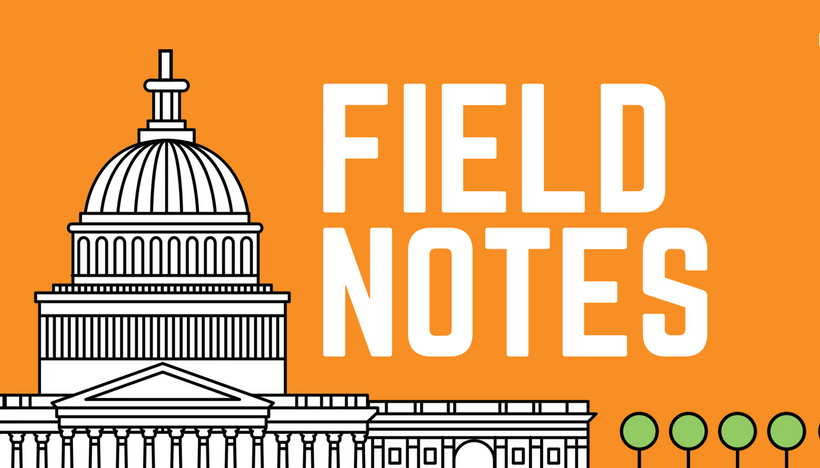Back in February, the Policy and Advocacy Subcommittee (a subcommittee of the 2018 NCTE Executive Committee) gathered to consider which policy priorities NCTE should focus on this year. The process included both an analysis of known issues that are likely to be on the national horizon this year and awareness of the policy-related issues for which NCTE has an existing position. Between then and now, this subcommittee and staff have deliberated about, edited, and revised the priorities document, and today we’re pleased to share it with you.
The National Council of Teachers of English (NCTE) has identified the following objectives in order to accomplish its federal and state policy and advocacy work impacting preK–16 teachers and schools:
- Promote policy that aligns with NCTE principles regarding high-quality literacy instruction.
- Support policy that ensures equity for all students to learn reading, writing, literature, and language.
- Inform policy that impacts professional learning for teachers of English and composition and supports the professionalization of educators.
You can find our current priorities tied to each of these core objectives here.
We are a single organization, but we represent tens of thousands of members, so tying all our activities back to the positions championed by membership is an important way in which the Council speaks up for the whole. As Carolyn Calhoon-Dillahunt said so eloquently in her CCCC Chair’s Address this March:
“An important strategy shift for NCTE’s policy advocacy in recent years has been to position ourselves as a resource to federal policymakers, to position ourselves as a ‘trusted public voice’ on matters related to literacy and writing in educational contexts. This is a position that is paying off as increasingly lawmakers are turning to NCTE and its constituencies for information and feedback. Positioning ourselves as a ‘trusted public voice’ requires building relationships among legislators from both sides of the aisle. It requires attention to exigence—what policies are currently being considered? This spring, it’s reauthorization of the Higher Education Act—and it also requires approaching issues pragmatically rather than philosophically, shaping our ‘asks’ around policymakers’ needs.”
I am particularly excited about the opportunity to meet with more than 60 members from 18 different states as we bring these recommendations to Capitol Hill for the Advocacy and Leadership Summit April 12–13. NCTE members will pair these recommendations with stories from their own experiences as they meet with legislators and further that relationship-building process that is growing NCTE’s presence in policy discussions.
I encourage you to share these recommendations with your legislators at home. We are asking our members to write to Congress about the importance of preserving funding for education as they debate the 2019 Appropriations Bill. It takes only a few minutes to share your voice, and the more voices we have, the louder the chorus.
If the Advocacy and Leadership Summit hasn’t made it to your radar yet, please consider following along this week. Better yet, consider joining us next year for additional opportunities to meet national forces from the media, policymaking, and thought-leader community. It’s an excellent way to expand leadership skills and perspective on how things get done nationally in this era.

